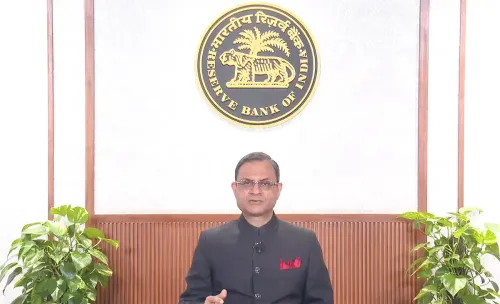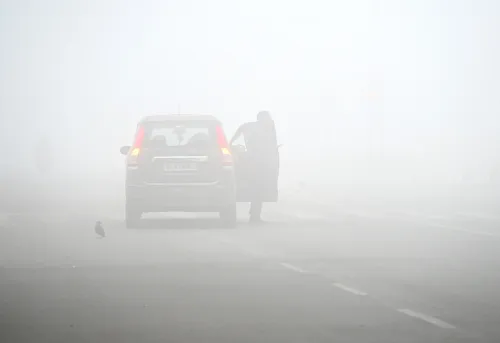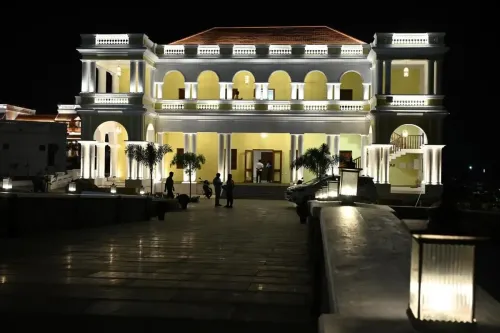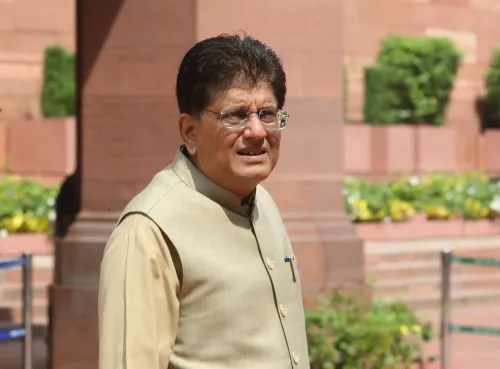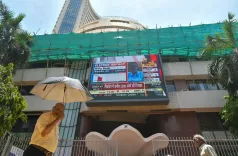Why Did CJI Gavai Call Out Maharashtra Officials on Protocol?
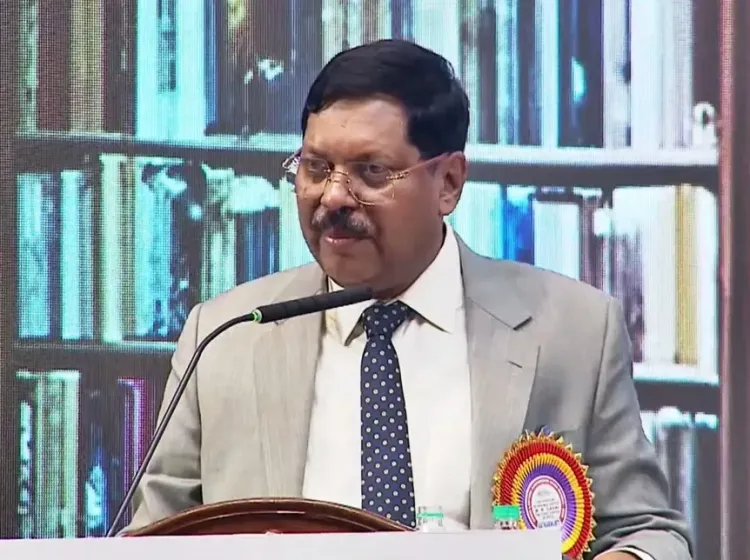
Synopsis
Key Takeaways
- Importance of respect among constitutional institutions.
- CJI Gavai's first public event in Maharashtra post-oath.
- Discussion on Article 142 and its implications.
- Rising tensions between Judiciary and Executive.
- Federalism and governance issues highlighted.
Mumbai, May 18 (NationPress) While refraining from labeling it as a protocol breach, Chief Justice of India B.R. Gavai on Sunday voiced his dissatisfaction regarding the absence of high-ranking Maharashtra government officials, including the Chief Secretary, at his inaugural public appearance in the state following his appointment as the head of the Judiciary.
“This raises a question of respect from other branches of the institution towards the judiciary,” CJI Gavai remarked during a felicitation event organized in his honor.
“If the Chief Justice of India is visiting Maharashtra for the first time, and the Chief Secretary, the Director General of Police, and the Mumbai Police Commissioner do not deem it suitable to attend, then they must reflect on that. The protocol is not new — it is about mutual respect among constitutional institutions,” he emphasized.
CJI Gavai added, “When the leader of a constitutional body makes their first visit to the state, the reception they receive must be thoughtfully considered. These may appear to be trivial matters, but their significance should not be overlooked.”
The three fundamental pillars of democracy — the judiciary, the legislature, and the executive — hold equal status, and it is essential for each branch of the Constitution to reciprocate and show respect to the others, he stated.
The Chief Justice's comments come at a time when tensions between the Judiciary and the Executive are perceived to be rising, exacerbated by strong statements from constitutional officials like Vice President Jagdeep Dhankhar and certain MPs amidst accusations of judicial overreach in the Tamil Nadu Bills case.
In a candid remark, the CJI also aimed to utilize the Mumbai event to remind the Executive about Constitutional conventions and limitations.
“If it were one of us in such a scenario, discussions regarding Article 142 would likely have occurred,” he said, eliciting light-hearted applause from the audience.
Article 142 of the Constitution empowers the Supreme Court to issue any order necessary for achieving complete justice in any case or issue before it.
This authority of the highest court has sparked debate following the Tamil Nadu Bills case judgment, which is perceived to have subjected the functioning of the President and Governors to judicial scrutiny by imposing a timeline for granting assent to Bills.
The ruling, which relied on the court's powers under Article 142, also raised crucial questions related to federalism and citizens' rights to good governance.


